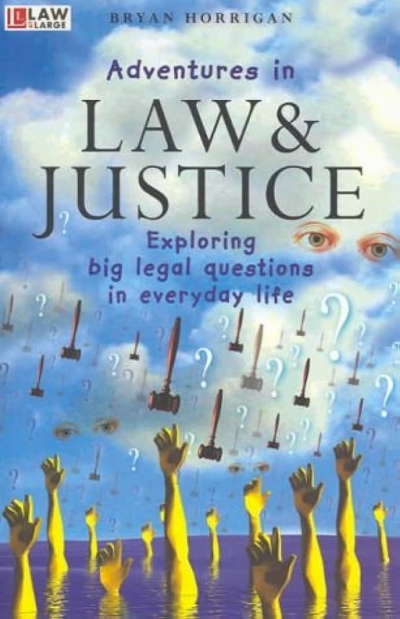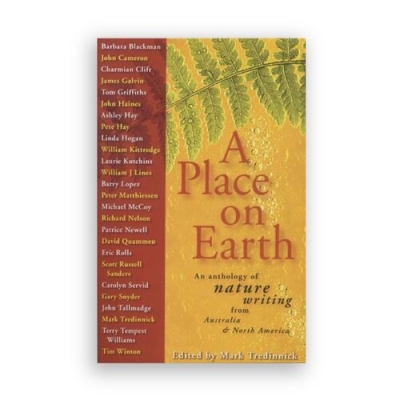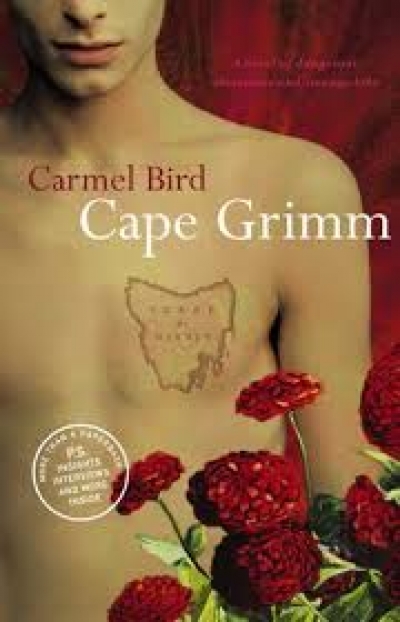Archive
We’ve been hectored by Miss Greer and savaged by Mr Hughes, but, like Goldilocks with the three bears’ bowls of porridge, Mr Conrad loves us just right. His book At Home in Australia is a collaboration between the National Gallery of Australia and Thames & Hudson, and more particularly between himself and Gael Newton, the gallery’s Senior Curator of Photography, who rang him in London with an invitation to write a book about the gallery’s photography collection.
... (read more)Changes in the composition of the family or friendship group are among the most challenging situations to confront children, so it is no surprise that many books for the upper-primary-aged reader address this theme.
... (read more)Law in a Lawless Land: Diary of a limpieza in Colombia by Michael T. Taussig
The puzzle of PhDs
Dear Editor,
It’s pretty clear that historians can’t win, especially if they have the audacity to use a doctoral thesis as the basis for a book. As I read Aviva Tuffield’s puzzling review (ABR, December 2003/January 2004) of Clare Wright’s Beyond the Ladies Lounge, and Wright’s understandably puzzled response (ABR, February 2004), I was reminded of a debate that occurred over several issues of ABR in 2002, which spawned plenty of silly generalisations about the quality of writing in PhD theses, but not much else.
... (read more)This month we welcome back Aviva Tuffield, who returns as Deputy Editor, a new position for ABR and one that reflects her seniority and her long commitment to the magazine. We also farewell, with many thanks, Anne-Marie Thomas, who filled in while Aviva Tuffield went on maternity leave. Dianne Schallmeiner remains as Office Manager, and Alastair Lamont joins our admirable team of volunteers.
... (read more)






